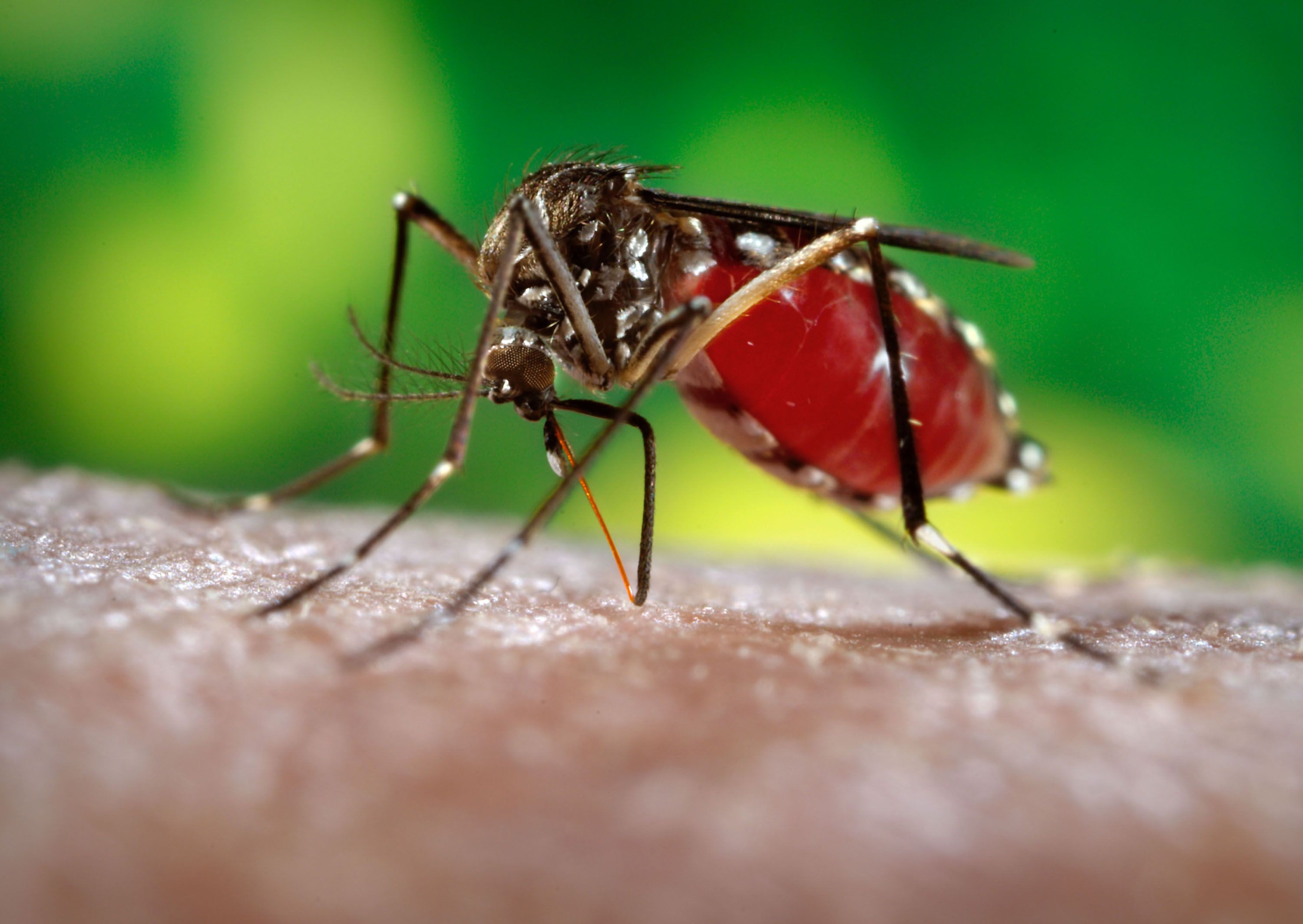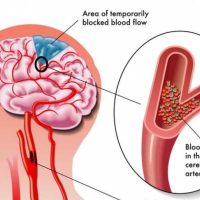 Most people traveling to the tropics will be advised to avoid mosquito bites, not just because mosquito bites are aggravating; but also because some mosquitoes are capable of carrying and spreading certain infections. One among those would be Dengue virus (DENV), which can infect humans and cause Dengue fever and its more severe form, Dengue Hemorrhagic Fever (DHF).
Most people traveling to the tropics will be advised to avoid mosquito bites, not just because mosquito bites are aggravating; but also because some mosquitoes are capable of carrying and spreading certain infections. One among those would be Dengue virus (DENV), which can infect humans and cause Dengue fever and its more severe form, Dengue Hemorrhagic Fever (DHF).
A person may be infected by Dengue virus through the bite of an Aedes mosquito that is infected. However, not everyone develops symptoms. The mosquito acquires the virus by biting a person with the virus and can then spread it to another healthy person when biting them. Dengue cannot spread directly from person to person. Dengue infection in travelers to Bali is not uncommon, so it is important to know what things to watch out for in people who have fever.
Dengue infection most often manifests as Dengue fever with high fever, headache, pain behind the eye balls, joint pain, muscle and bone pain, rash, and in some cases, spontaneous mild bleeding from the nose or gums or a tendency to bruise. These symptoms are most common, although sometimes people may just complain of fever with fatigue. Unfortunately, some people may become severely ill as the fever declines after 5-7 days, and they develop circulation problems, where there is leaking of the fluid component of blood through the blood vessel walls. This may lead to failure of the circulatory system and shock, even death.
Treatment for Dengue infection is nonspecific; there is no certain drug to take those battles the virus. Most important is to drink plenty of fluids and rest. If you think you have Dengue infection, it is best to use pain and fever relievers with paracetamol/acetaminophen, and avoid those containing aspirin, ibuprofen and its class. It is also best to consult a physician, who is likely to recommend a blood test. Generally, a complete blood count, which evaluates each component of blood, will be ordered. In Dengue infection, usually there will be a decrease in platelets (thrombocytes), which main role is in blood clotting, and a reduction in white blood cells. If platelets drop very low, a person is likely to develop spontaneous bleeding, not only minor nosebleeds or skin bleeding, but also in the stomach, digestive tract or even the brain. This is why it is usually recommended to have the test repeated to monitor the platelet levels. Some specific tests to identify the virus or viral antibodies may be tested, but they can only be tested during certain periods during the course of the illness.
Not everyone with Dengue infection needs hospitalization, but for people with Dengue Hemorrhagic fever, it is a must. This is to allow for close monitoring and to give intravenous fluids. However, even some people with Dengue fever will feel very tired and find it difficult to have enough fluid intake, therefore it may be advised to be hospitalized to receive intravenous rehydration. Low platelet levels may also be dangerous for air travel, which is another reason to have a blood test done if you have a fever and plans for flying.
There are currently are no vaccines yet that prevent infection with Dengue virus. Therefore, the most effective protective measures are those that avoid mosquito bites. Mosquito repellents (containing DEET 20-30%) and clothing that covers the skin are very effective in preventing mosquito bites. Air conditioning or window and door screen also reduces the risk of mosquitoes coming indoors.
When infected, early recognition and treatment are most important to prevent severe disease. So, if you have a fever while traveling to Bali, make sure that you get yourself checked out, especially if you have the aforementioned symptoms. Because it really could be Dengue!











